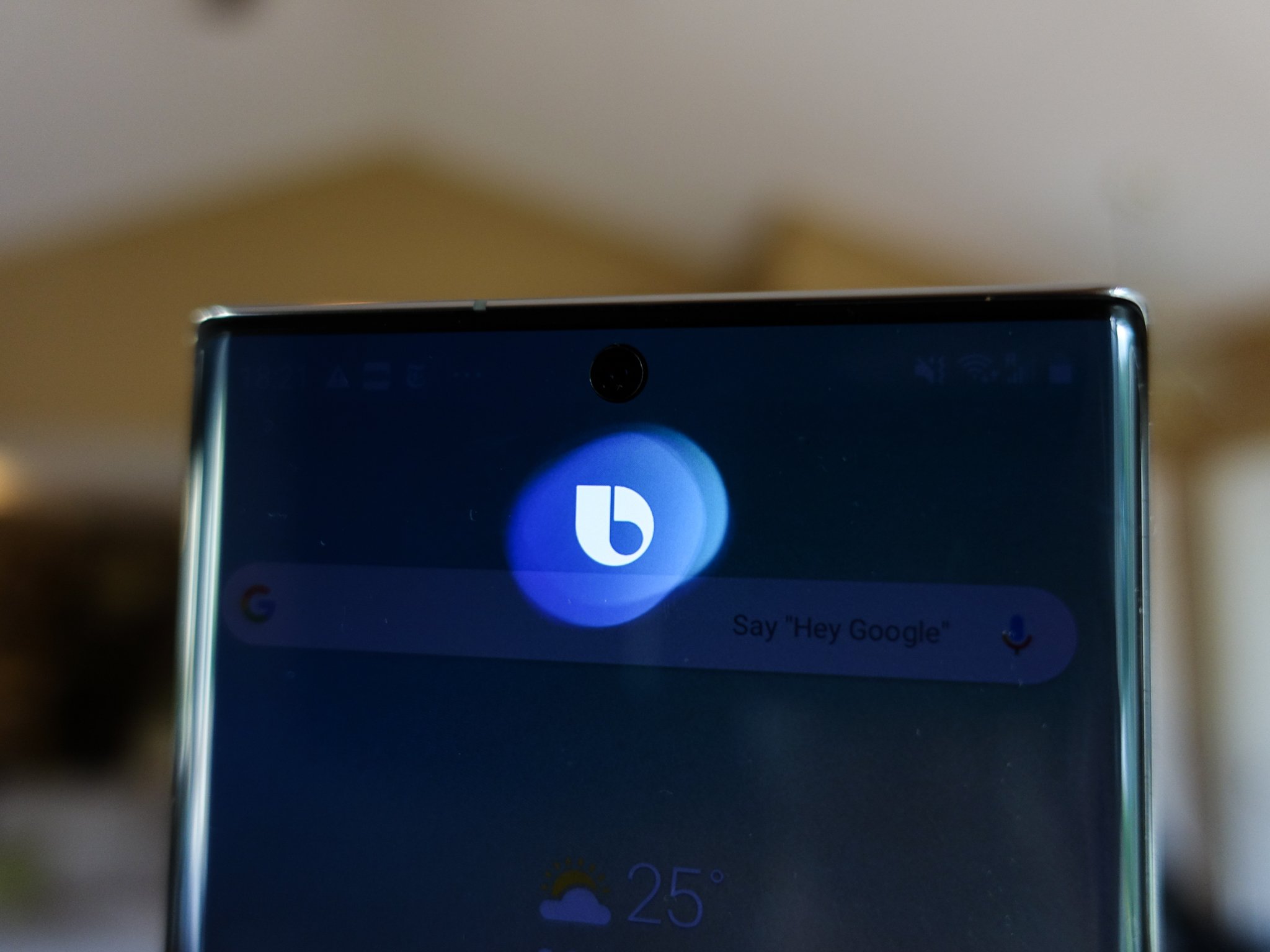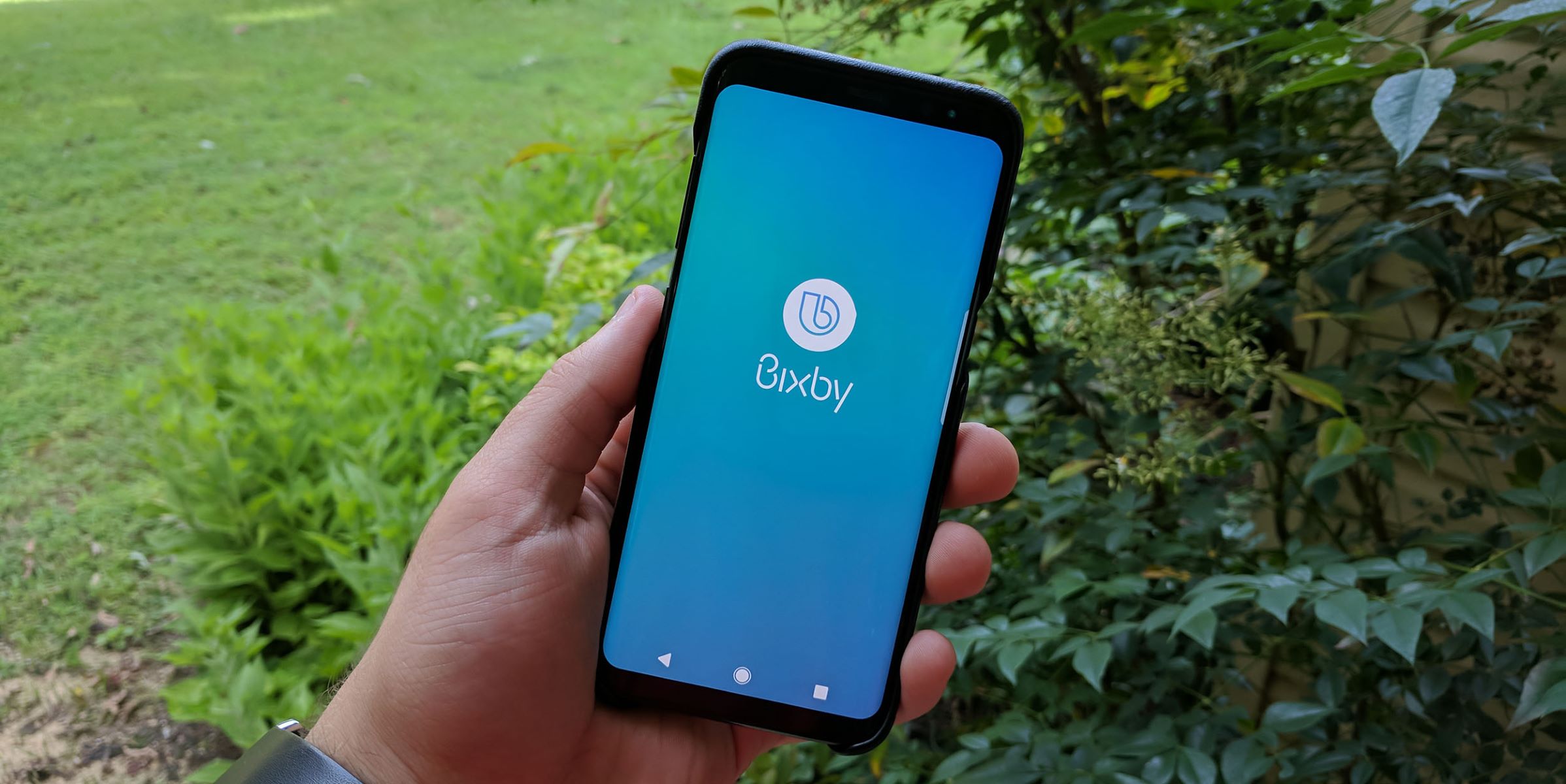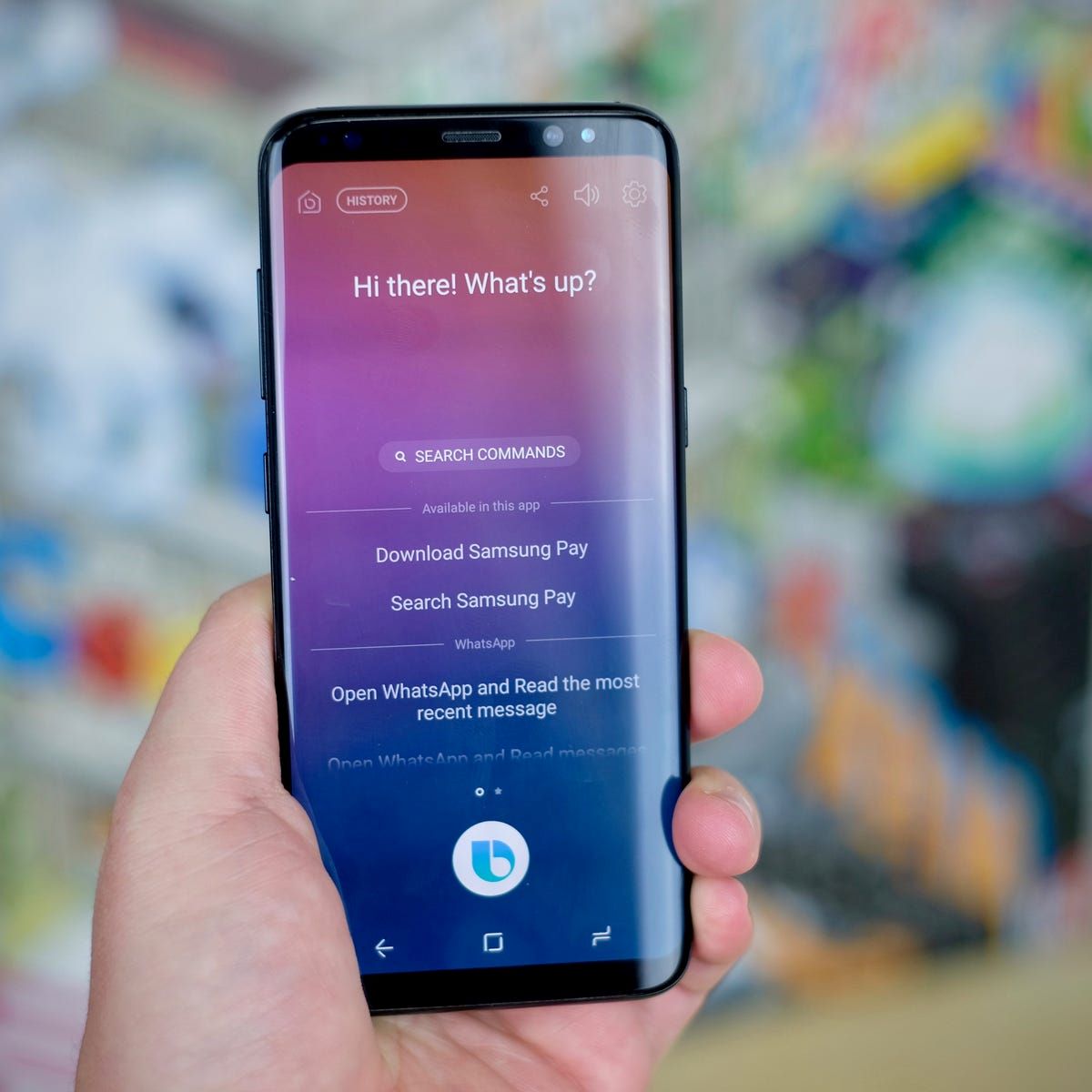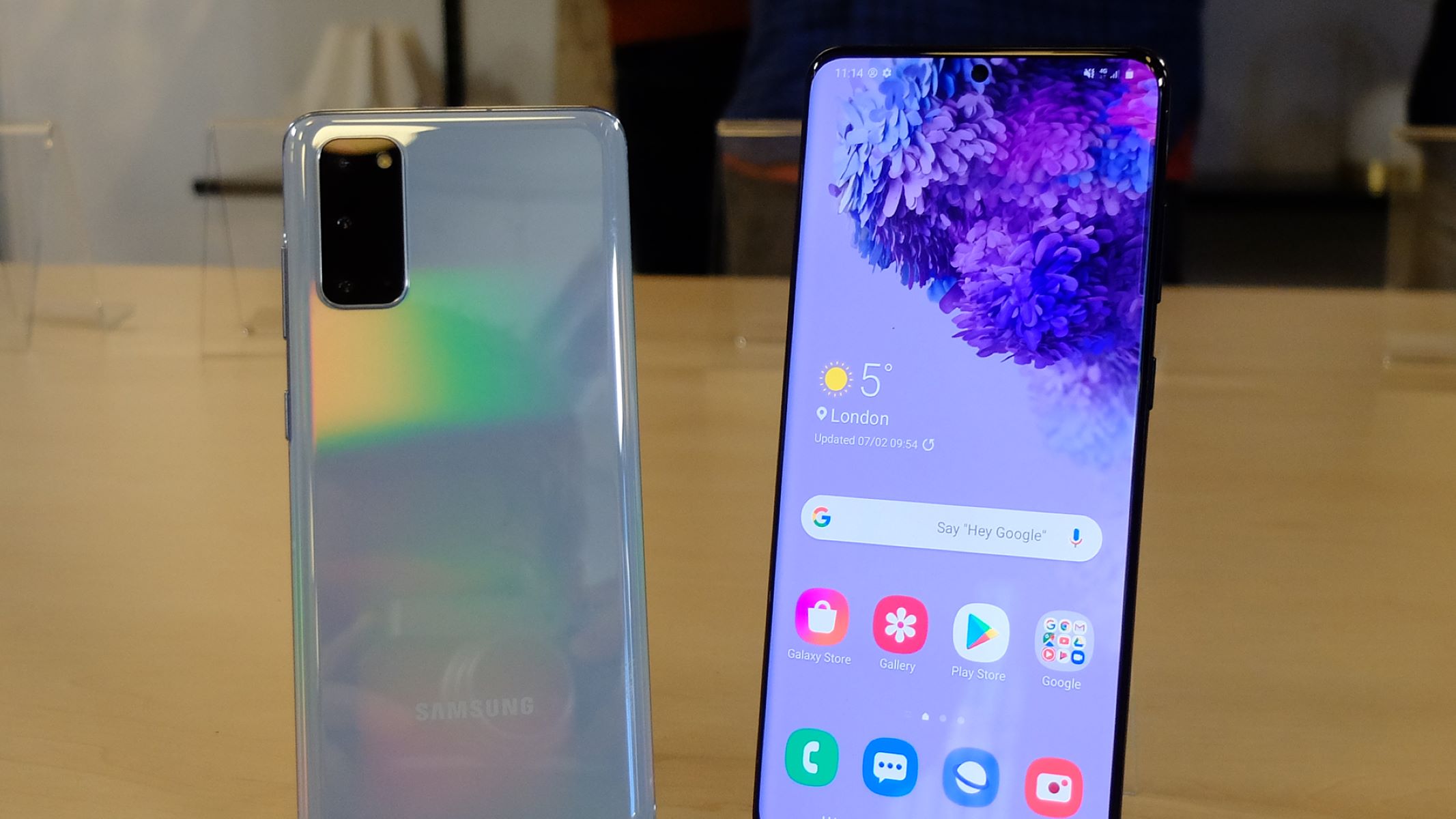“So little time, so much to do.” This particular line sums up the world we live in today. Modern life moves so fast that sometimes, we can’t seem to keep up. Of course, technology has a hand on this state of affairs we’re in. The advancements it brought led to the breakneck speed we lead our lives now. Yet, its innovations are the same things that help us get through our daily existence. With all that said, here comes an example so prevalent and relevant at the present. We all need something done at once and we make our virtual assistant remind us of what we need to do.
The adoption and usage of virtual assistants have been on a consistent rise. Since hitting the market in the past decade, they have become ever-present on almost all smart devices. They aren’t just “artificial people” we talk to and order around. We depend on them now more than ever from playing music to arranging our days in detail. Among a slew of available smart assistants, four have become the most popular: Google’s Assistant, Amazon’s Alexa, Microsoft’s Cortana, and Apple’s Siri. So the question that begs to be asked is: who’s the best of them all? Find out below in our very own virtual assistant tech throwdown.


Virtual Assistants
The term “virtual assistant” used to refer only to contract workers who perform administrative tasks from home. But in the digital now, the name evolved to define applications and software that can do tasks and complete services for a user based on voice commands and questions. You can think of them as your executive assistant or secretary in digital form. Virtual assistants also go by other similar terms like AI assistants, digital assistants, and intelligent personal assistants (IPA).
Smart advisors and chatbots are considered types of virtual assistants or related technology. Chatbots refer to AI-controlled assistants that can be accessed through online chat. Whether by text or text-to-speech, they are mostly used for entertainment purposes. Smart advisors are another kind of consumer-based AI programming that can be regarded as souped-up virtual assistants. Subject-oriented rather than task-oriented, smart advisors can function with little-to-no human supervision. They can also make more informed decisions for users.
Virtual assistants like the aforementioned “big four” are all cloud-based software. They all need internet-connected devices to work. Google Assistant works on Android devices, Siri on Apple gadgets, and Cortana on Microsoft ones. Yet, AI assistants are also integrated on dedicated platforms that abound today. Smart speakers top the list of this kind. Alexa, for instance, inhabits the Amazon Echo line of such devices.
How Do Virtual Assistants Work?
Users must call out the designated wake word to activate an AI assistant. Wake words for the big four are “Alexa”, “Hey Siri”, “OK Google”, and “Hey Cortana”. Depending on the device, a signal will indicate that it’s ready to accept a command. Through simple language requests, virtual assistants perform tasks and provide services. They can supply information that’s normally searchable in web browsers (news, weather, facts, etc.). Users can order them to set alarms, get directions, make shopping lists, and add events to the calendar. These digital assistants can also play your favorite songs from streaming services as well as check and control your smart home devices.
The main technologies that power virtual assistants all fall under artificial intelligence. Voice and speech recognition as well as natural language processing (NLP) come to the fore. Digital assistants use NLP to match textual or vocal inputs into executable commands. Machine learning has its contribution too: as users interact with virtual assistants, the latter’s advanced algorithms enable them to learn automatically to improve at predicting the user’s needs. And as AI trends keep on advancing, so will the capabilities and value of virtual assistants.
Now, let’s take a look at each of the big four’s background and unique features.
Google Assistant
Google launched Assistant back in May 2016, along with messaging app Allo and the smart speaker line Google Home. Unlike its predecessor Google Now, it can participate in two-way conversations with the user. The AI assistant became exclusive on Pixel smartphones for a period, but it’s now available on almost all modern Android devices. These include third-party smartphones and smart home appliances. This enables users to control the lights, thermostats, and cameras in their homes through voice prompts. Setting up “routines” is also possible. Routines are a string of commands or tasks activated with only a single phrase. Google Assistant is present too in some car models of Audi and Volvo through the Android Auto app.
Moreover, the digital assistant sports an Interpreter Mode. The feature helps conduct conversations in a long list of languages. Users can receive spoken or written translations in real-time to aid dialogue. Google Assistant is also available on iOS devices through a smartphone app. The company also announced that it will be able to recognize objects and collect visual data via device camera. Reading long-form content is another capability that will be available in future updates.


Alexa
Amazon debuted Alexa with the Echo smart speakers back in November 2014. The AI assistant started life as an Echo exclusive, but she has graced users with her presence on a wide variety of Amazon’s smart devices since then. These include the company’s line of Fire TV and Fire tablets. She’s also available via several third-party products as well. Computer voice and conversational systems seen in sci-fi movies inspired her creation, and her name was a reference to the ancient Library of Alexandria which strove to gather all of the world’s knowledge. Furthermore, the hard consonant “x” helps for better recognition and precision.
Alexa has a mobile app, too, but it only serves as a supplement to another Alexa gadget and not as a standalone virtual assistant. Amazon also sports Alexa Skills, her most unique feature. The kit enables developers and users to create “skills” for Alexa via Amazon Blueprints. Once reviewed and published, these will become available to all Alexa-enabled devices and be activated through the app. Like Google Assistant, Alexa is also capable of setting up routines.


Cortana
Microsoft entered the digital personal assistant market with Cortana in April 2014. It was the main component in the planned overhaul of future operating systems for Windows PC and Phone. With the mobile phone platform already defunct, she has graduated to Windows 10 desktops since January 2015. Microsoft interviewed human virtual assistants during her initial development, and these conversations inspired several of Cortana’s unique features like her “Notebook” component. Cortana is named after the AI character in the Halo video game franchise.
The AI assistant comes standard across all Windows 10 devices. Aside from PCs powered by said OS, it lives on the Xbox One console as well. Cortana also inhabits the third-party smart speaker Harman Kardon Invoke. It’s available as a mobile application on both Android and iOS gadgets too. She also became integrated all over Microsoft’s ecosystem community such as Skype, LinkedIn, and the Edge web browser. Her Notebook feature not only helps users manage tasks, reminders, and skills, but it also adds context to such and can customize them for you. This is based on learned information about your interests, patterns, and behaviors. Future plans include integration with Amazon’s Alexa and a multi-skill service for Microsoft 365.


Siri
Siri is widely considered as the spearhead of voice-activated assistants on smart devices. She started as a project of the SRI International Artificial Intelligence Center, and speech technology company Nuance Communications powered her speech recognition engine. Her name means “beautiful woman who leads you to victory” in Norwegian. Introduced as a standalone iOS app in February 2010, Apple acquired her two months later. After the app’s removal from the App Store, she was integrated into the iPhone 4S in October 2011. The AI assistant has since become a steady fixture, albeit limited, across Apple devices. These include the iPad, Mac, Apple Watch, Apple TV, AirPods, and the HomePod smart speaker.
Apple touts Siri’s voice recognition and machine learning capabilities. She can provide customized recommendations and predictive notifications. Both are possible based on user nuances and routines over time. Similar to Alexa and Google Assistant, Siri also offers Shortcuts. These are automated actions that help you fulfill multi-step tasks using a trigger word. This is achieved as the feature connects Siri to your essential and most-used apps. Alongside SiriKit, users and developers alike can create shortcuts and skills themselves. You can control smart home products through her as well, as long as they’re HomeKit-compatible.


Who Is the Best Virtual Assistant?
All four virtual assistants offer the same range of essential functions. But still, they are not created equal. Each has its own quirks, advantages, and disadvantages. We measured one against the other based on their performances across thirteen criteria. So without further ado, let the smart assistant showdown begin.
Search Engine


We start on their search engine capability, leaning on the speed and accuracy of results. It’s a battle as well between two of the most popular search engines: Google and Bing. Of course, Google Assistant gets information from its own Google search index. Meanwhile, Microsoft’s own Bing search engine powers both Cortana and Alexa. Siri used to depend on Bing for her searches until she switched to Google in 2017. So, it’s all even this early in the fight.
You can now ask anything to a computer. Hence, we tested all four AI assistants by asking them some general knowledge queries. And right off the bat, Google Assistant has the quickest response time to questions. It accommodates a greater number of inquiries and offers fast replies to commands. It most frequently gives the correct answer or the most valuable information, too. Moreover, Google Assistant provides context and even refers you to the data’s source site. This result is quite expected, given its powerful search engine. The breadth of Google services where it can pull information from is another factor.
Alexa comes in as a close second. She performs well in answering simple questions, particularly when purchasing off Amazon. The virtual assistant replies quickly while also giving additional context. Though it failed on some specific queries like trivia, she was spot-on in general. Siri was more of a hit-or-miss. She apologized when unable to answer questions about facts. When able, she provided either incomplete or incorrect information. Apple defended her by saying she was not designed for trivia questions. Cortana comes in last: she couldn’t quite respond in a helpful and timely manner. She usually takes time and replies with only a list of Bing results.
Voice Assistant Round Winner: Google Assistant
Basic Tasks
As mentioned, we use these virtual assistants for our daily routines. These include opening and closing apps as well as setting alarms and reminders. All of them fared well on equal terms and were dependable. Though they met demands without any glaring issues, several characteristics were noticeable.
When asked, Siri was always ready to open up a specific page in the Safari browser. She’s also able to change the screen lock timeout while Google Assistant cannot. The latter is unable to open up a particular site in the Chrome browser as well. It pulls up a page inside its own application instead. On the other hand, Alexa showed she’s the most intuitive at setting alarms and reminders. Cortana remains unremarkable.
Voice Assistant Round Winner: Siri
Ecosystem and Availability


The most obvious difference between AI assistants is the platforms they’re integrated with. And to put it bluntly, they aren’t worth much if they don’t work where you want them. As previously discussed, each voice assistant inhabits a range of hardware and software. Their broad lists include mobile applications, smartphones, and both dedicated and third-party smart devices. All companies have also announced plans for further platform expansion.
Of course, all four come standard in their own ecosystems. Google Assistant and Cortana are available on Android and iOS devices via mobile app. Alexa also offers this, though just an extension for an Amazon device and not an independent one. Siri is well-distributed on all Apple devices, albeit only limited to them. Android devices still have a bigger user base than Apple, so one would think that Google Assistant wins this easily. However, Siri fights back in terms of country and language availability. She’s available in over 30 countries while Google Assistant is present in 20. The former also offers support in 20 languages, more than what her competitors can offfer.
Voice Assistant Round Winner: Google Assistant and Siri (Draw)
Voice Recognition


Any virtual assistant should be capable of basic voice recognition to be reliable. We tested them at different distances and varying background noise levels. Google Assistant and Siri understands you well when close to gadgets and in silence. Both can comprehend to a point whether you have an accent or your voice isn’t crystal-clear. As expected, false assumptions are present. Siri confused the word “four” with “for”, which led to an incorrect context and answer. Overall, both showed excellent voice recognition under ideal conditions. Things get interesting when environmental noise comes in: Siri and Google Assistant’s hearing takes a dip under these conditions. However, they’re still better at picking up your commands than the other two.
Alexa works well under quiet environments, as background noise interferes with her comprehension. Meanwhile, Cortana is at last place again. She has reported issues of misunderstanding even in zero-noise surroundings.
Virtual Assistant Round Winner: Google Assistant and Siri (Draw)
Navigation and Directions
Traffic is hell, and this is one category that the AI assistants can be of great help. They can provide the shortest routes and advise about traffic congestion.
Siri does great with navigation and directions. She calculates the travel time from Point A to Point B. She also automatically starts GPS navigation and offers directions to your destination. However, Siri fails on answering traffic questions and refers you to its Maps app instead. Google Assistant shines the most in this criterion: it gives you the most solid travel time estimates and provides valid suggestions for public transportation. The virtual assistant offers the best data on traffic conditions, too. It can send directions as well (from Google Maps, Waze, or Apple Maps) straight to your phone.
At the bottom are Alexa and Cortana. Both cannot handle public transit and give spotty directions.
Virtual Assistant Round Winner: Google Assistant
Context Comprehension and Continuity of Query


We now compare their ability to understand context and act on follow-up questions. Google Assistant and Alexa top the other two voice assistants in this category.
Both are spot-on when it comes to context comprehension. They require little rephrasing of commands or repetition of questions. The two also offer a “follow-up” mode. In this option, they can remain active for a few more seconds after replying to your first query. With this, you’ll be able to issue another order without speaking the wake word again. Both can understand the word “and” in items and commands. This can be very useful when you mean two separate things in one statement. In providing additional context, Google Assistant edges out Alexa by a bit. Asked with a factual question, not only does it answer correctly but also offers related statistical data. Meanwhile, Alexa often relies on specific terms for commands.
Siri comes in third with her uneven performance. Though it’s notable when asked about the running time of The Avengers, she asked for clarification about what exact movie from the franchise you’re referring to. Cortana is still plagued with issues on follow-up questions. Either she doesn’t respond or points you to third-party apps for permissions.
Round Winner Virtual Assistant: Google Assistant
Email Integration


It’s all the same if you speak the name of the person you want to send an email to. Almost all virtual assistants will look for it in your contacts list. They will also let you dictate the message and send it immediately.
Both Siri and Google Assistant will ask for the subject of the email. The former has Apple Mail integrated, while the latter has Gmail. If asked about unread messages, Siri reveals the amount since the last time you checked. She also displays them in a simple mail widget. Google Assistant stays silent on this one. It also weirdly opens a web page and not the Gmail app. When tasked to read your latest message, Siri will read the most recent one along with all its details. Google Assistant won’t read it, though. It just displays your last two messages on a separate page, without a link direct to the Gmail app.
Cortana and Alexa didn’t understand the inquiries raised. On a positive note, Cortana can respond to some of the queries. She can also perform like Siri and Google Assistant in several cases. Cortana even opens the Bing web browser to search for the inquiry. Alexa doesn’t do or declare anything after hearing the commands.
Virtual Assistant Round Winner: Siri
Customizability
Customization and extendability have long been favorite features for devices. They allow users to personalize according to their needs and preferences. Changing the voice or speech is one prime example. All four virtual assistants are capable of this. You can choose from their various language support that includes dialects and accents. Celebrities are also featured, like Samuel L. Jackson lending his voice to Alexa.
Google Assistant, Siri, and Alexa are capable of setting up “routines.” But when it comes to adding features from the built-in ones, the difference is noteworthy. Both Google Actions and Siri Shortcuts are competitive. Yet, Alexa Skills and its enormous library of over 70,000 third-party skills take the cake.
Virtual Assistant Round Winner: Alexa
Privacy


As expected, consumers will always have privacy issues on AI assistants. All four require huge amounts of personal information. There are also legitimate concerns such as “Is Alexa always listening?” They keep these voice interactions and personal data in storage all to enhance AI performance and user experience.
The big four seems to be in a level playing field on privacy. They record and retain your audio conversations and send them to the cloud. However, Google Assistant doesn’t store them without your permission. The audio files are only stored if you have that feature enabled in settings. Alexa starts listening and recording after the wake word is called. You can delete these recordings from the cloud in the settings, too. You can also stop her from listening by muting the device. Siri doesn’t record audio files and instead uses transcripts. Users can opt-out as well by tweaking the feature in the backend. Cortana takes information culled from all devices and services across the Microsoft ecosystem. Users can decide not to log in and share data as well as adjust permissions like the others.
Virtual Assistant Round Winner: 4-way Draw
Music and Podcasts
Music streaming services are at a record high nowadays, so these have the potential to become a deal-breaker when deciding what virtual assistants to depend on. All of these virtual assistants integrate well with their own music platforms. Siri has Apple Music while Google Assistant has Google Play Music and YouTube Music. Alexa defaults to Amazon Music Unlimited and Cortana to her little-known Groove Music. Of course, they all tie-up with third-party services as well. Here’s a quick summary:
| Music Services | Google Assistant | Siri | Alexa | Cortana |
|---|---|---|---|---|
| Google Play Music | ✔ | ✘ | ✘ | ✘ |
| YouTube Music | ✔ | ✘ | ✘ | ✘ |
| Apple Music | ✔ | ✔ | ✔ | ✘ |
| Amazon Music | ✘ | ✘ | ✔ | ✘ |
| Groove Music | ✘ | ✘ | ✘ | ✔ |
| Spotify | ✔ | ✘ | ✔ | ✔ |
| Deezer | ✔ | ✘ | ✔ | ✘ |
| iHeartRadio | ✘ | ✘ | ✔ | ✔ |
| Pandora | ✔ | ✘ | ✔ | ✘ |
| SiriusXM | ✘ | ✘ | ✔ | ✘ |
| TuneIn | ✘ | ✘ | ✔ | ✔ |
| Tidal | ✘ | ✘ | ✔ | ✘ |
The four virtual assistants successfully respond and handle requests to play music. They even suggest stations that match your descriptions. When finding and playing podcasts, all still experience some problems. But overall, they exhibit a fair performance. With the largest number of supported music services, the girl from Amazon gets the win.
Virtual Assistant Round Winner: Alexa
Messaging and Calls


At first, all four virtual assistants are on equal terms yet again. They can recognize the names of people in your contact list. The four let you make calls or send text and voice messages via phone. On the flip side, Google Assistant and Siri can make international calls. The latter can also integrate with third-party messaging apps like WhatsApp and Viber. Siri finally takes it by being the only one who can call emergency services.
Virtual Assistant Round Winner: Siri
Ordering Food, Making Reservations, and Finding Recipes
Establishments with online food ordering options are increasing. None of the four assistants can place orders online for now. Fortunately, all of them can offer suggestions for good restaurants near your location. They also provide you details like address, prices, and ratings. They also give directions on how to get there.
All four have their quirks when making reservations, often taking multistep processes before succeeding. However, Siri is the most intuitive as she quickly offers to call the restaurant. Meanwhile, Google Assistant passes the recipe test with high marks. It provides multiple results and even guides you through the recipe one step at a time.
Virtual Assistant Round Winner: Google Assistant and Siri (Draw)
Online Shopping


With the pandemic still here, going outside for supplies and groceries is worrisome. This makes tasking your virtual assistant to shop online a very helpful feature more than ever.
With no surprise, Alexa is at the top of this category because of her solid integration with Amazon. She tackles almost every purchase request without any hiccups. After searching the Amazon catalog for your product, she adds it directly to your cart. Google Assistant comes next: it first gives you an explanation of how online shopping works before letting you loose. Siri and Cortana are at the bottom. They either get you nowhere or can’t find your product requests.
Round Winner Virtual Assistant: Alexa
Overall Winner
And the scorecards are in for the decision:
| Criteria | Google Assistant | Siri | Alexa | Cortana |
|---|---|---|---|---|
| Search Engine | ✔ | |||
| Basic Tasks | ✔ | |||
| Ecosystem and Availability | = | = | ||
| Voice Recognition | = | = | ||
| Navigation and Directions | ✔ | |||
| Context Comprehension and Continuity of Query | ✔ | |||
| Email Integration | ✔ | |||
| Customizability | ✔ | |||
| Privacy | = | = | = | = |
| Music and Podcasts | ✔ | |||
| Messaging and Calls | ✔ | |||
| Ordering Food, Making Reservations, and Finding Recipes | = | = | ||
| Online Shopping | ✔ |
With both a record of three wins and four draws across 13 rounds, it’s a tie between Google Assistant and Siri!
Final Thoughts
There you have it: Google and Apple’s virtual assistants prevail over the other two in this AI mega bout. Although it ended in a draw, the result is more than justified. Each of them bared their best attributes on opposite sides of the spectrum. Your final choice is just a matter of hardware preference and functional priority.
Along with Alexa and Cortana, all four are capable voice assistants. They’re at their best when working within their own ecosystems, devices, and services. None of them are perfect, as their technology is still young yet fast-evolving. Upcoming advancements will allow them to perform more complex tasks. And at this rate, as scary as it sounds, robots replacing humans might not be that far-fetched. Who knows what the future will bring? Until then, you can just sit back and let the AI do your bidding.


























